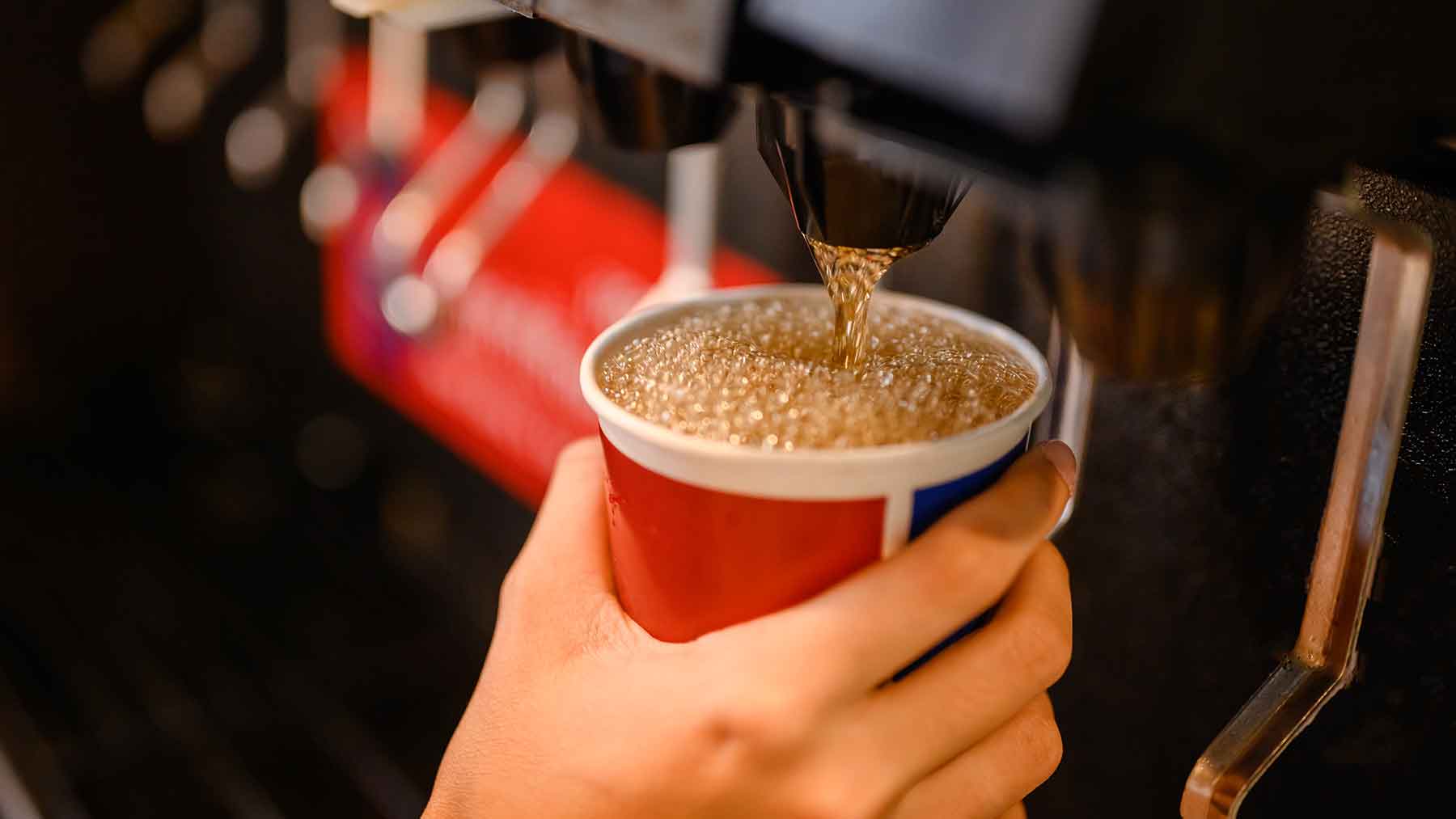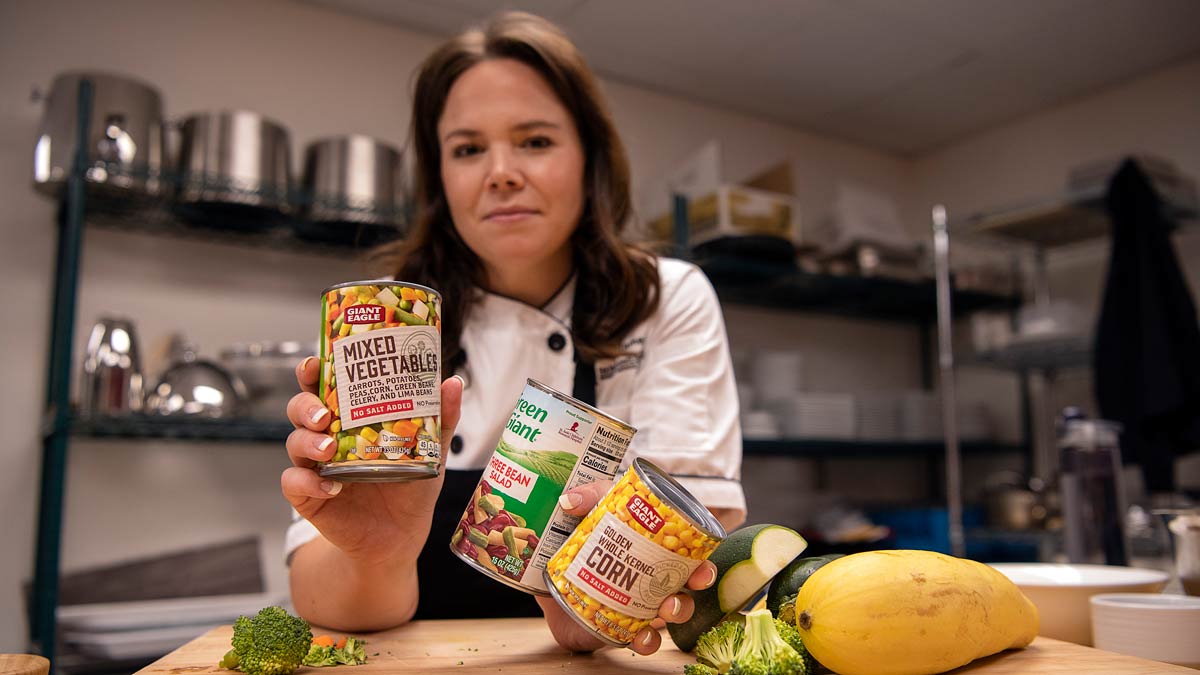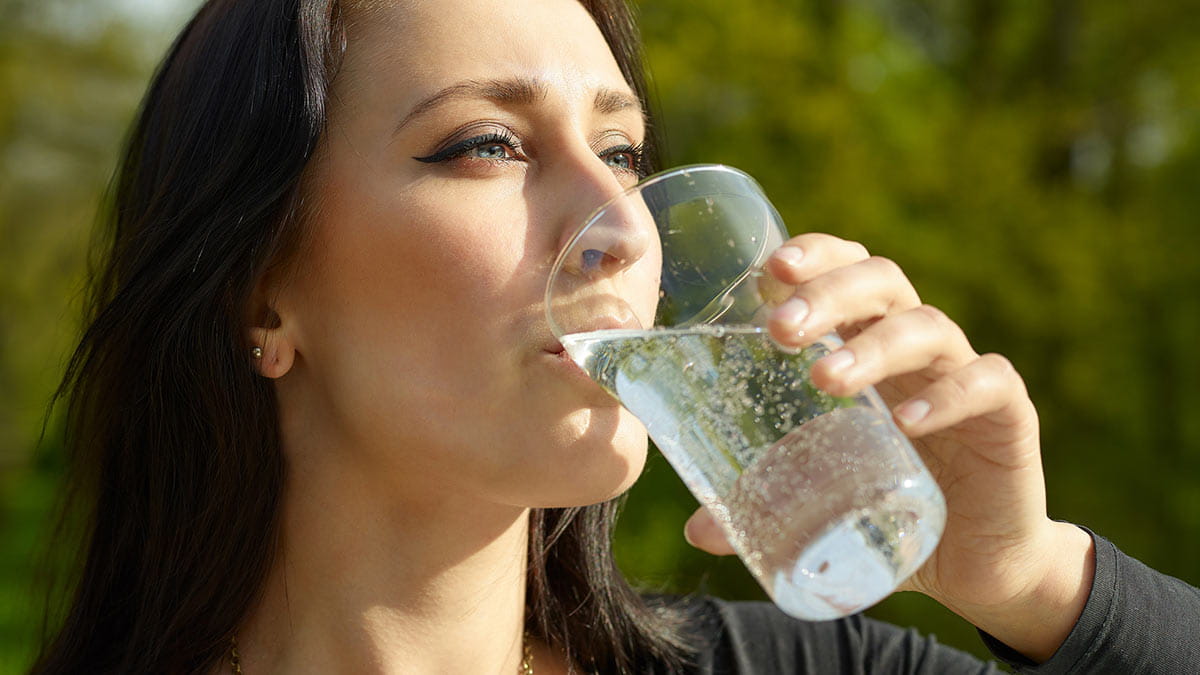Can you be addicted to soda?

Whether it’s at the movie theater, when you’re at a drive-thru or while sitting at your desk at work, something about having a fizzy, sweet beverage is satisfying. It can easily cure a sweet tooth or give you the burst of energy you need to finish out the day, but it can also become addicting.
What in soda makes it so addictive
Soda is addictive for many reasons. In regular sodas, the sugar causes dopamine releases in the brain, stimulating pleasure centers. For some, it’s not the ingredients that causes the addiction, but the lifestyle habit that leads you to the fridge. Soda is often chosen with certain meals, like when you’re dining out or at a fast food restaurant. But food isn’t always the cause of soda intake. Many people have made a habit of picking soda over water or other beverages for hydration.
There isn’t resounding scientific proof that any particular ingredient in soda, regular or diet, makes it addictive, but there are studies on sugar addiction.
Is regular or diet soda more addictive?
The evidence isn’t there to say that one is more addictive than the other. There are studies that point to sugar and caffeine being addictive substances.
What are the issues with being addicted to soda?
One of the main issues with soda addiction is thinking you’re addicted to soda. By believing this, you’re creating a mindset that you’re overpowered by a substance and may not have the willpower or ability to stop. But you can. To change this action, it takes a behavior change and a commitment to that change. If you think you’re unable to stop drinking soda, you should speak with your doctor, counselor or a dietitian about your barriers to making life changing decisions for better health.
Another issue is that if you are drinking sodas on a regular basis, you’re not consuming something of nutritional value that your body will benefit from.
Can you go through withdrawal from stopping drinking soda?
Like many addictive substances, you can go through withdrawal when you stop drinking soda. If you’re consuming caffeinated sodas, your greatest symptom may be headaches. Consistently taking in a stimulant then abruptly stopping will likely give you headaches and leave you feeling a bit grumpy. The Dietary Guidelines Scientific Report, last issued in 2015, recommended making gradual and sustainable changes in your dietary behavior to help limit the amount of withdrawal symptoms.
How do you break the soda habit?
Water is the first choice beverage, according to The Dietary Guidelines. While it’s not easy to just change from soda to water, there’s now a huge market for carbonated waters. If it’s the bubbles that make you think you’re drinking soda, it can give you the mouthfeel you’re looking for without the added caffeine, sugar or phosphates. Try getting yourself to a product that doesn’t have any added sugar or sugar substitutes (otherwise, sweet flavored bubbly water really isn’t much different than diet sodas).
Consider making small goals to reduce your soda intake by one unit per day each week. For example if you drink four cans of soda in a day, try to limit it to three a day for one week, then two a day for a week, until you’ve weaned down.
You can set a goal that for each ounce of soda you drink, you must also drink that much water. You may find that by drinking more water, you’re more satisfied and don’t need soda.
Addiction is a real problem and food addiction is a true condition. If you feel out of control with your food habits, you should check in with your doctor and consider behavior-based counseling with a psychologist, counselor and/or dietitian.
Natalie Stephens is a registered dietitian at The Ohio State University Wexner Medical Center.




